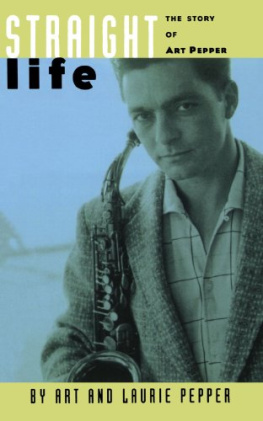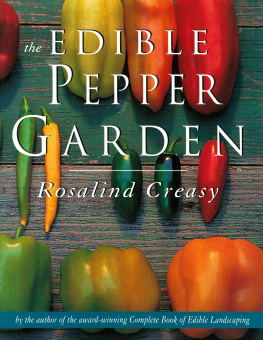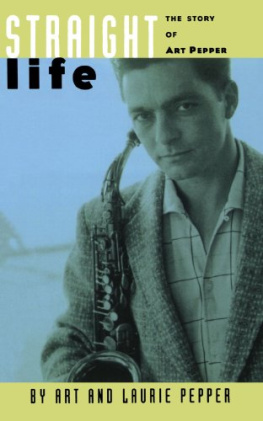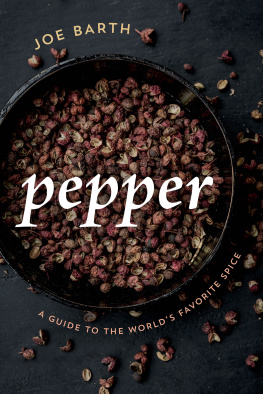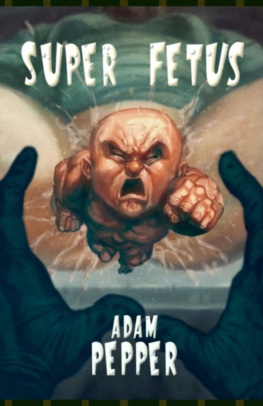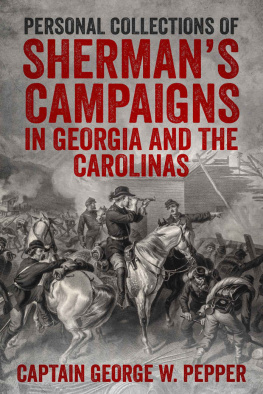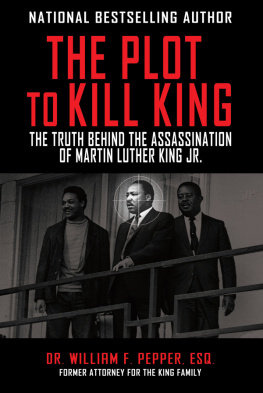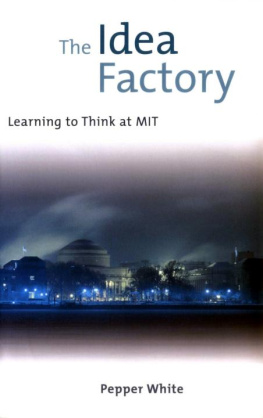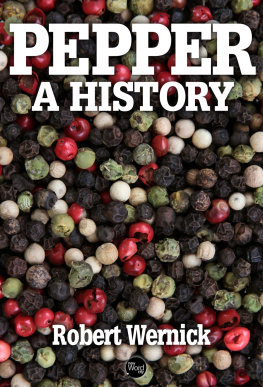
Copyright 0 1957, 1979 by Screen Gems-EMI Music, Inc. (BMI) All rights reserved. International copyright secured. Used by permission.
Straight Life
The Story of Art Pepper
UPDATED EDITION
by Art and Laurie Pepper
Introduction by Gary Giddins
Discography by Todd Seibert




Introduction to the
Da Capo edition
ART PEPPER always had a distinctive sound, even back in 1943, when he made his recording debut with a halting solo on a Stan Kenton session: cool on the surface, with a skittish undercurrent that often made the prettiness seem restive. In the nearly forty years he made records, his style became increasingly personal--by turns bitter and timorous, knowing and scared. For a while, when he consciously imitated John Coltrane, his sound became icily strident. That phase didn't last long: the nature of his introspection didn't lend itself to Coltrane's steely embouchure or his effusiveness. At his best, Pepper's solos were shaped by a patient elegance, his phrases sculpted with dynamic logic and an even disposition. He had a miraculous ear for melody notes and a rhythmic sense that was all but imperturbable; he modulated the intensity of his swing to drive home the meaning of his melodies. He could make you laugh at his virtuoso conceits and weep at his unrequited passions.
But juxtaposing Straight Life, Pepper's brazen and unvarnished autobiography, with his playing merely points up the perils of reading too much meaning in music. The loveliness, ingenuity, and commitment to craft in his recordings finds few correlatives in the confused, tormented persona that emerges in the book. Indeed, it seems remarkable that the music was possible at all.
The lives of few artists have been told as comprehensively as Art Pepper's-Straight Life is almost fanatically con fessional, and one of the finest of all jazz autobiographies. I've always regretted that it was originally published by a firm associated with music (Schirmer) and marketed accordingly, because it received insufficient attention from mainstream media. At the time of publication, Pepper was compared with Henry Miller, Jack Kerouac, and Malcolm X. Dan Wakefield, who knows what addiction is and how to write about it, welcomed Straight Life as "an honest and wrenching portrayal"; Whitney Balliett credited Pepper with "the ear and memory and interpretive lyricism of a first-rate novelist."
Because Straight Life was not written from the perspective of the former addict, it is a departure in the genre of taperecorded accounts of junkie jazz musicians: "That's what I practiced," Pepper writes, "And that's what I still am. And that's what I will die as-a junkie." He makes no attempt to cosmeticize his criminal tendencies or iron out the numerous contradictions. Nor is the reader primed to admire Pepper, who whines, justifies, patronizes, and vilifies. Still, his scrupulous honesty and uncommon powers of observation are admirable, and this is a brave, valuable book. Pepper's narcissism allows him to go overboard occasionally with intimate revelations; yet it also permits him to summon up events with uncanny detail not only in recounting what happened but in recreating his emotional responses.
Art Pepper was born in 1925, in California, to a merchant seaman and his fifteen-year-old wife. He was so sickly his family didn't expect him to survive; when his parents divorced, he was placed in the care of his paternal grand- mother-"a dumpy woman, strong, unintelligent. She knew no answers to any problems I might have." He grew up afraid of everything and resentful of his family. When he became a cog in the prison system, he adopted those very characteristics he despised in his grandmother to prove his strength: "I had to be tough. I had to ridicule anything that indicated weakness." His arrests followed his surrender to heroin, which he insists provided the only relief from sexual obsessions that had turned him into an obsessive masturbator, a rapist, a voyeur. In Straight Life, he recounts sexual exploits with the relish of a pornographer.
He turned to alcohol and pot to rid himself of anxieties, but nothing worked until a woman band singer cajoled him into a hotel john, taught him to sniff smack, and made a beeline for his fly. "I finally found peace," he says, and yet it is the peace that passeth liberal understanding: in a minute, he's ranging like a John Wayne reactionary, switching his hero worship from musicians to junkies:
I looked at myself in the mirror and I looked at Sheila [a pseudonym for the singer] and I looked at the few remaining lines of heroin and I took the dollar bill and horned the rest of them down. I said, "This is it. This is the only answer for me. If this is what it takes, then this is what I'm going to do, whatever dues I have to pay...... And I knew that I would go to prison and that I wouldn't be weak; I wouldn't be an informer like all the phonies, the no-account, the non-real, the zero people that roam around, the scum that slither out from under rocks, the people that destroyed music, that destroyed this country, that destroyed the world, the rotten, fucking, lousy people that for their own little ends-the black power people, stinking motherfuckers that play on the fact that they're black, and all this fucking shit that happened later on-the rotten, no-account filthy women that have no feeling for anything....
He continues in that vein for a while and concludes, with no trace of irony, "All I can say is, at that moment I saw that I'd found peace of mind."
This is alienation with a trudgeon, a narcissist's ravings. Yet it's a side of a man who in those same years revealed in his music a gentility and generosity of spirit that made him one of the most distinctive and emotive improvisers of his generation. He attempts in his book to justify his indulgences by parading them nakedly, giving and asking for no quarter.
Pepper had already achieved a measure of stardom in the straight world. He'd appeared with Benny Carter's band, and for five years (1946-51), following his stint in the Army, he emerged as the most admired soloist in the Stan Kenton orchestra. Yet he was sinking deeper and deeper into the netherworld. His first marriage broke up, and a second one became a grotesque and vindictive battle between two junkies who tortured each other relentlessly until she informed on him. Then Pepper, who felt more for his long-suffering dog than for his second wife ("The Story of Diane-The Great Zeeeero"), embarked on a maniacal revenge that was shortcircuited, like so much else in his life, by the requirements of his addiction. The music seemed to come last, though it's impossible to suspect that when you hear the fugitive recordings from the early Fifties. In those days, he seems to have chosen as his models Lester Young, Zoot Sims, Charlie Parker, and Lee Konitz-a matrix of hot and cool stylings, girded by fierce rhythms, rich in exquisite harmonies. Still, except for a couple of beguiling Savoy dates and two private sessions with Hampton Hawes, Pepper hardly recorded at all.
Then, in 1956, he started making the rounds as a sideman. He appeared on numerous sessions led by Shorty Rogers, Chet Baker, Marty Paich, Hoagy Carmichael, John Graas, Mel Torme, Barney Kessel, June Christy, Henry Mancini, Andre Previn, Helen Humes, and others. During the same years, 1956 to 1960, he hooked up with Les Koenig's Contemporary Records, and produced a series of masterful albums. Those sessions were a respite, a period of grace. With his lithe, dry-ice sound, he emerged as the sharpest white player in L.A.-a qualitative and racial distinction of profound importance to him. Even in his last years, he wanted nothing less than to be the first white player to loom as "the inspiration for the whole jazz world."

